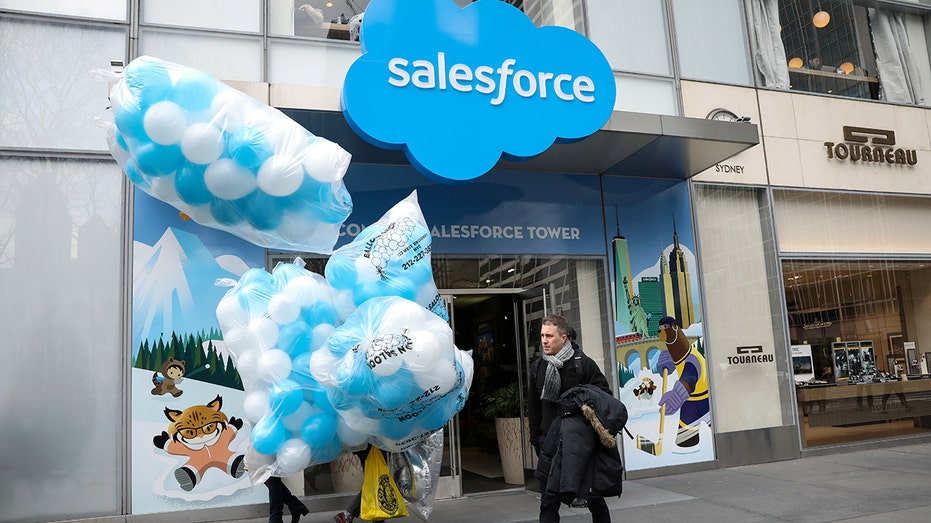Major companies, including Google and Dior, hit by massive Salesforce data breach

Major Global Companies Compromised in Massive Salesforce Data Breach: What You Need to Know
Salesforce, a critical cloud platform powering customer relations for thousands of organizations worldwide, has experienced a significant data breach affecting major companies including Google, Dior, Allianz, and others. Unlike traditional cyberattacks that exploit software vulnerabilities, hackers targeted employees and third-party integrations, deceiving staff into granting access and compromising permissions, leading to the theft of nearly a billion records.
Understanding the Scope and Impact
-
How to Share a YouTube Video from a Specific Moment: A Comprehensive Guide

-
Google Unveils Innovative AI Features to Combat Scams on Android Devices

-
Protecting Retirees from Deceptive Debt Collection Scams: Essential Strategies to Stay Safe

- OpenAI Raises Concerns Over Meta’s Involvement in Elon Musk’s $97 Billion Acquisition Proposal
The scale of this breach is unprecedented. Sensitive data from Salesforce environments—ranging from customer details to internal communications—was stolen on an enormous scale. Victims include corporations from diverse sectors such as retail, insurance, aviation, and technology. For instance, Coca-Cola’s European division lost over 23 million CRM records, while Farmers Insurance and Allianz reported breaches involving more than a million customers each. Google disclosed that attackers accessed a Salesforce database used for advertising leads, highlighting the broad reach of these attacks.
Cybercriminal Tactics and Entry Points
Attackers employed sophisticated social engineering tactics, including voice phishing calls and fake applications, to manipulate Salesforce administrators into installing malicious software. These methods enabled the theft of OAuth tokens, granting direct access to CRM systems. Additionally, compromised third-party tools like chatbot integrations—such as Drift—were exploited, providing hackers with extensive access across multiple organizations. This approach underscores how breaches can occur without directly attacking core platforms, instead leveraging human vulnerabilities and weak permissions.
Ransom, Extortion, and Dark Web Leaks
Following the data theft, cybercriminal groups—including notorious entities like Lapsus$, Scattered Spider, and ShinyHunters—launched dark web leak sites threatening to publish stolen information unless ransom demands are met. High-profile targets such as FedEx, Hulu, and Toyota have been listed, prompting widespread concern. These extortion efforts leverage the fear of public exposure to pressure companies into paying, although Salesforce has publicly stated it does not negotiate or pay ransoms, emphasizing the importance of proactive security measures.
Protecting Your Personal Data
While these breaches primarily involve corporate data, the exposure of personal information—such as contact details, purchase histories, and support conversations—poses significant risks for individuals. To safeguard yourself, immediately change passwords for affected services and utilize password managers to generate and store strong, unique credentials. Enabling two-factor authentication (2FA) adds an extra layer of security, thwarting unauthorized account access even if credentials are compromised.
Additional Precautions and Resources
To further protect your personal information, consider using data removal services that scan and eliminate your data from online data brokers, reducing the risk of identity theft and targeted scams. Regularly monitor your email accounts for breaches using trusted breach detection tools, and stay vigilant for suspicious communications that reference personal details or past interactions, which may be exploited in phishing attacks.
Staying informed and proactive is vital amid increasing cyber threats targeting cloud platforms like Salesforce. For comprehensive security tips, trusted password managers, and identity theft protection services, visit reputable cybersecurity resources and consult official security guidelines.
